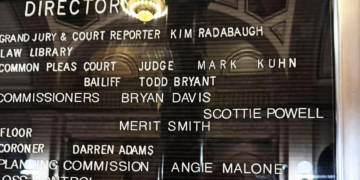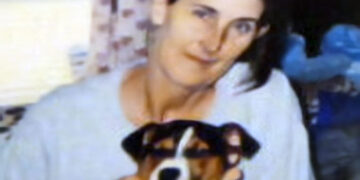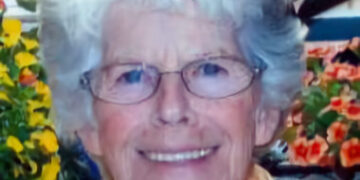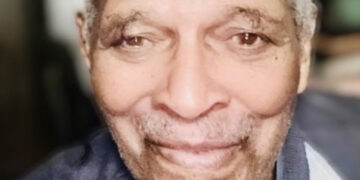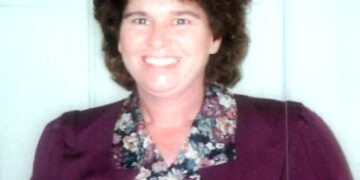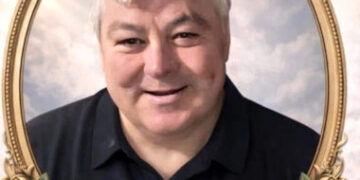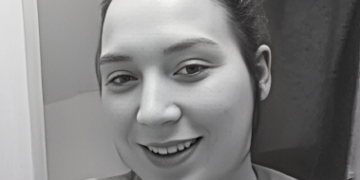Listen to the Article
Grief is not just about losing someone you love. Sometimes, it’s about losing yourself—the version of you that once existed, the person you thought you’d always be. For me, this kind of grief is as real and as heavy as any loss I’ve ever experienced. It’s the mourning of a former self: the body that moved freely, the mind unclouded by illness, the identity I once wore like a second skin. And yet, here I am, forced to reconcile with the truth that life doesn’t stop for grief, even when it feels like parts of you are eroding away.
Functional Neurological Disorder has reshaped my existence in ways I never asked for. The physical pain, the unpredictability, the disconnection from what I used to think of as “normal”—they’re constant reminders of how far I’ve drifted from the person I used to be. But it’s not just the illness. Time itself is a thief. Aging, changing relationships, and the shifting roles I play as a son, father, and grandfather all contribute to a growing distance between the “me” I knew and the “me” I’ve become.
The Christmas holidays are when this grief feels most acute. Traditions that once felt eternal—decorating the tree, gathering around a table filled with family, sharing laughter and memories—have faded or stopped altogether after losing key family members. The absence of those we’ve loved changes everything. The season that used to bring joy now carries an undercurrent of bittersweet longing for what was. It’s hard to reconcile the glowing lights and festive music with the emptiness left by those who aren’t here to share it. And yet, even as traditions evolve or vanish, there’s a chance to create something new—a way to honor the past while finding meaning in the present.
This grief isn’t something you can neatly process and leave behind. It lingers. It catches you off guard, showing up in quiet moments when you least expect it. A photograph from years ago. The memory of running without pain. The sound of laughter that doesn’t feel burdened by the weight of the world. Each reminder is bittersweet, a glimpse into what was, wrapped in the ache of what’s no longer.
But here’s what I’ve learned: mourning your former self doesn’t mean rejecting who you are now. Grief and growth can coexist. You can honor what you’ve lost while still moving forward, step by painful step, into the life that remains. And though this process feels impossibly hard, it’s also a testament to resilience—to the ability to adapt, to survive, and even to find moments of joy amid the sorrow.
I’ve had to learn to let go of the idea that my worth is tied to what I can no longer do. My value isn’t diminished because my body has changed or because my mind sometimes feels like it’s working against me. The former me is gone, yes, but the person I am today is still worthy, still capable of love, still deserving of peace.
Letting go doesn’t mean forgetting or denying the pain of what’s been lost. It means making room for what’s still possible. For the relationships that anchor you. For the moments of creativity that remind you of your strength. For the quiet, unexpected joys that whisper, you’re still here, and that’s enough.
If you, too, are grieving a former self, know this: You’re not alone. The process of becoming someone new is messy and painful, but it’s also a profound act of courage. Life has a way of reshaping us, whether we’re ready or not. And while we may never fully stop mourning what was, we can still learn to embrace what is—and maybe even find beauty in the becoming.



































